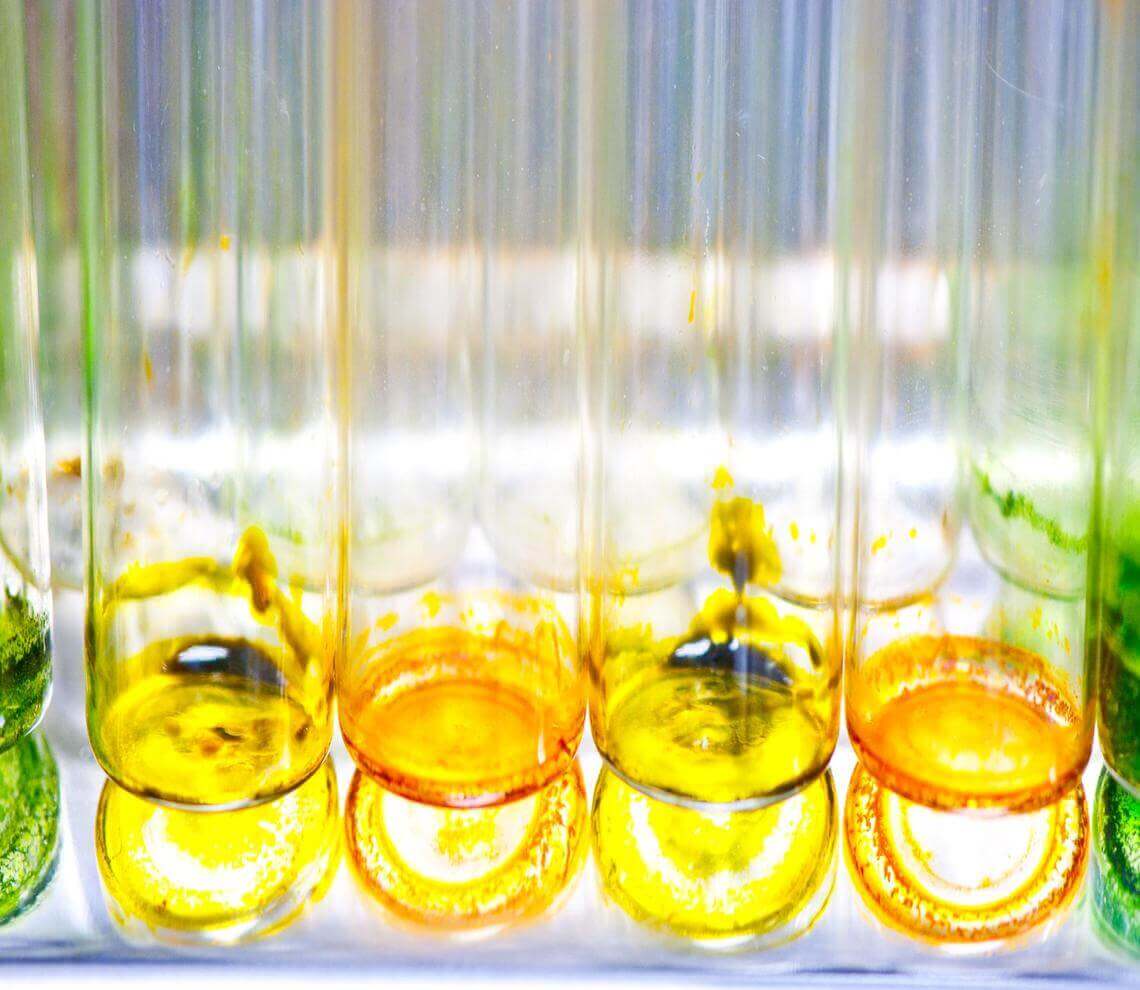- Our Suppliers
- MBS Monoclonals
- ACTH, NT (Adrenocorticotropic Hormone, Adrenocorticotropin, Corticotropin)
Product short description
Price:
597 EUR
Size:
100ug
Catalog no.:
GEN648162
Product detailed description
Clone
2F6
Gene name
N/A
Gene name synonims
N/A
Concentration
N/A
Other gene names
N/A
Immunoglobulin isotype
IgG1
Also known as
ACTH
Other names
ACTH;
Purification method
Purified
Clonality
Monoclonal
Category
Antibodies
Host organism
Mouse (Mus musculus)
Subcategory
Mnoclonal antibodies
Form/Appearance
Supplied as a liquid in PBS, 0.05% sodium azide.
Tested applications:
ELISA (EL/EIA), Western Blot (WB), Immunohistochemistry (IHC), Flow Cytometry (FC/FACS)
Species reactivity
N/A; Due to limited knowledge and inability for testing each and every species, the reactivity of the antibody may extend to other species which are not listed hereby.
Specificity and cross-reactivity
Recognizes ACTH. Broad species cross reactivity.; Since it is not possible to test each and every species our knowledge on the corss reactivity of the antibodies is limited. This particular antibody might cross react with speacies outside of the listed ones.
Storage and shipping
Store the antibody at +4 degrees Celsius for short term storage.. Aliquot to avoid repeated freezing and thawing. For optimal long term storage, the antibody should be kept at -20 degrees Celsius. Aliquots are stable for at least 12 months. For maximum recovery of product, centrifuge the original vial after thawing and prior to removing the cap.
Description
Adrenocorticotropic hormone (ACTH), or corticotrophins.Hormone releasing factors and releasing hormones are signaling molecules produced by glands in multicellular organisms. The glands that secrete Luteinizing hormones LHRG and LH, FSH comprise the endocrine signaling system. The term growth hormone releasing hormone GHRH is sometimes extended to include chemicals produced by cells that affect the same cell (autocrine or intracrine signaling) or nearby cells (paracrine signaling). Human recombinant LHRG and GHRH are produced in E. coli or in yeast cells.
© Copyright 2016-Tech News . Design by: uiCookies

